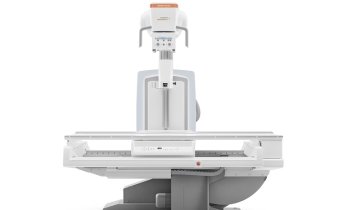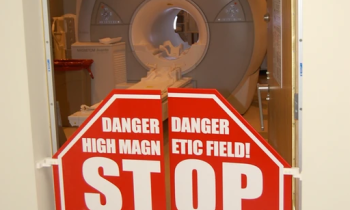Care and patient safety
One of the major nursing congresses in the German-speaking countries is the Southern German Nursing Day which took place on 7 October 2008 at the University Hospital Munich. One focus of this year's event was the question whether and how modifications of and curtailing nursing services will impact patient safety.

In this context a Swiss Critical Incident Reporting System (CIRS) was presented. Developed by Nobert Rose, the system encompasses inter alia patient falls, medication errors, non-complying materials and administration of blood products. The core idea of the concept is „stop passing the blame and ask why a critical incident could happen“.
The negative critical incidents identified with the help of this system are translated into an improvement process with the aim to learn from the incidents and increase patient safety. 70 percent of all negative events are caused by human error. Hospitals have to tackle this issue since in Germany alone there are an estimated 40,000 medical errors each year. Critical incident reporting systems were initially developed by airlines to increase cockpit safety. The healthcare industry is now adapting such systems to create a safety culture in the hospitals which can be relied on by staff and patients alike. The University Hospital Munich has already implemented a CIRS.
The Swiss concept includes for example a systematic reporting function of patient falls and the subsequent analysis of the incident which offer an important base for risk factor assessment and a starting point for intervention and prevention programmes.
A further important issue on the congress agenda was liability and wound care. Lawyer Volker Großkopf explained that it is the physician’s responsibility to decide which wound care therapy will be applied and to delegate the implementation of the measure to qualified nursing staff. It is then the nurse’s responsibility to perform the assigned task according to professional standards. While in theory, Großkopf said, the responsibilities are clearly defined, in practice the differentiation and interpretation of these responsibilities is an enormous challenge.
.
09.10.2008









